Iranian ceramics, combining traditional artistry and modern technology, is recognized as one of Iran’s premier industrial and decorative products with a strong presence in global markets. This product is available in various categories—floor and wall tiles, sanitary ceramics, decorative and industrial wares—and offers a range of designs, colors, sizes, and textures to meet diverse domestic and international customer needs. Made using high-quality raw materials like premium clay, durable glazes, and advanced firing techniques, Iranian ceramics are highly durable and resistant to abrasion, moisture, and heat. For example, Iranian floor and wall tiles, with standard thicknesses of 8–10 mm and water absorption below 3%, are serious competitors to European and Asian brands.
Compared to foreign products, Iranian ceramics offer competitive prices with comparable quality, making them ideal for construction and interior design projects. Iranian manufacturers produce a wide design range—from classic to modern wood, marble, and geometric styles—catering to markets like the UAE, Iraq, China, and Russia. Furthermore, Iranian sanitary ceramics meet international standards ISO 13006 and EN 14411 and are resistant to bacteria and chemicals. These products are not only used in residential buildings but also extensively in commercial projects such as hotels, healthcare centers, and airports.
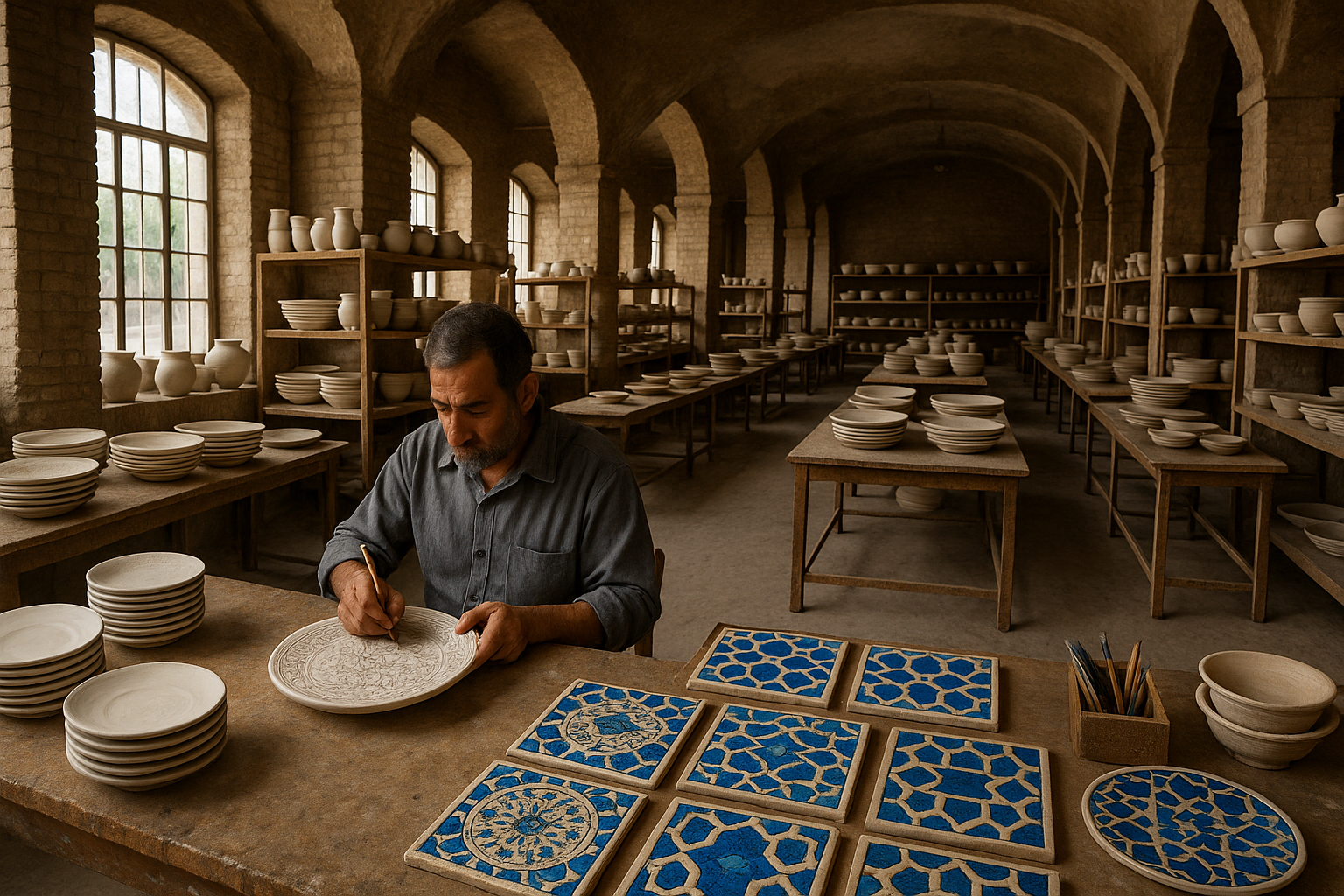
Types & Technical Features of Iranian Ceramics
Iranian ceramics are divided into two main categories: construction ceramics and decorative ceramics. Construction ceramics include floor tiles, wall tiles, porcelain tiles, and sanitary ceramics, produced in formats like 30×30, 60×60, and 120×120 cm. Because of their high density and near-zero water absorption, porcelain tiles are ideal for high-traffic areas like hotel lobbies and shopping centers. Decorative ceramics include handmade wares, wall panels, and decorative objects with traditional motifs such as miniature, Khatai, and Islam styles, showcasing authentic Iranian art.
Production Process of Ceramics in Iran
Iranian ceramics production involves multiple stages: clay extraction, grinding, shaping via dry pressing or extrusion, firing in modern kilns at temperatures up to 1200 °C, and glazing. The use of roller kilns—instead of tunnel kilns—reduces energy consumption and achieves uniform finishing. Additionally, some Iranian manufacturers apply nanotechnology to glazes, creating anti-stain and antibacterial surfaces—features highly sought after in health-oriented markets like the UAE and Oman.
Competitive Advantages in Global Markets
Iranian ceramics have secured solid positions in export markets thanks to competitive prices, design variety, and compliance with international standards. For instance, Iranian porcelain tiles are 15–20% cheaper than their Turkish and Chinese counterparts while maintaining competitive quality. Iran’s geographic proximity also facilitates easy access to markets such as Iraq, Afghanistan, and CIS countries, reducing logistics costs.
Target Export Markets
-
Iraq & Afghanistan: A booming construction sector drives demand for mid-priced building ceramics. Iranian products—with designs similar to those from Turkey but lower prices—have captured a significant market share.
-
UAE & Oman: These affluent markets prefer high-end ceramics with modern and antibacterial features. Iran’s manufacturers have made strong entries into hotel and luxury villa projects by offering nano-enhanced and large-format (120×240 cm) tiles.
-
Russia & China: Wood-effect and natural-stone-look tiles are popular in Russia, while Chinese buyers value decorative tiles with cultural patterns at a lower cost. Iranian producers tap into profitability through market-specific design customization.
International Standards & Certifications
Iranian ceramics hold reputable certifications such as CE (Europe), ASTM (USA), and GCC (Gulf Cooperation Council), enabling competitiveness in strict markets like the EU. Additionally, up to 85% of production waste is recycled—an advantage for markets sensitive to environmental impacts, such as Europe and China.
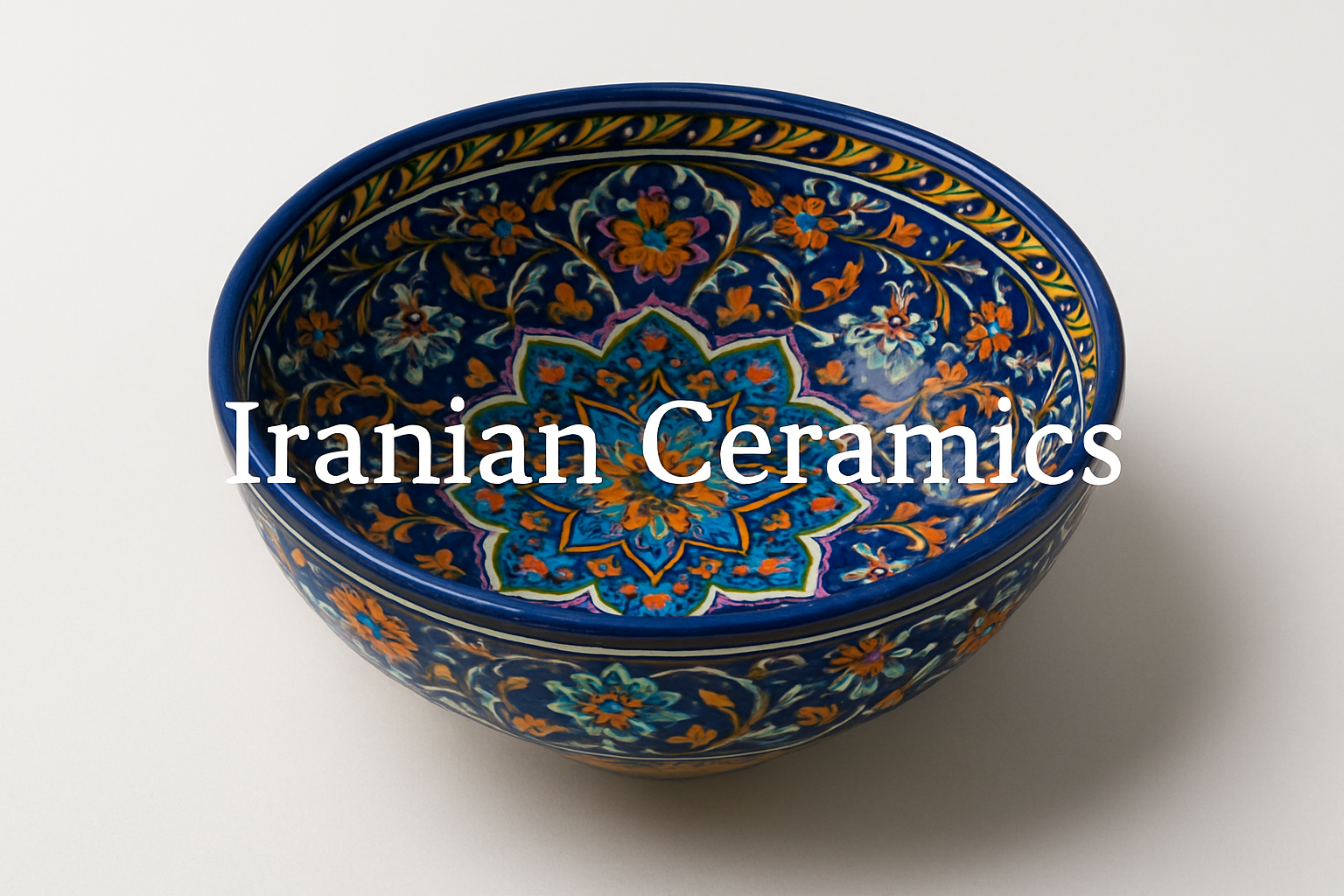
Iran Store: Connecting Importers with Iran’s Ceramic Producers
Iran Store—one of the most trusted suppliers of Iranian products—connects importers with top Iranian brands like Cheeni Esfahan, Alborz Ceramics, and Pars Ceramics. By contacting its experts, importers receive free consultation for design selection tailored to their market, up-to-date pricing quotes adjusted for currency fluctuations, and physical samples. Don’t miss the opportunity: contact Iran Store today to source premium Iranian ceramics with optimal shipping arrangements!
MAECENAS IACULIS
Vestibulum curae torquent diam diam commodo parturient penatibus nunc dui adipiscing convallis bulum parturient suspendisse parturient a.Parturient in parturient scelerisque nibh lectus quam a natoque adipiscing a vestibulum hendrerit et pharetra fames nunc natoque dui.
ADIPISCING CONVALLIS BULUM
- Vestibulum penatibus nunc dui adipiscing convallis bulum parturient suspendisse.
- Abitur parturient praesent lectus quam a natoque adipiscing a vestibulum hendre.
- Diam parturient dictumst parturient scelerisque nibh lectus.
Scelerisque adipiscing bibendum sem vestibulum et in a a a purus lectus faucibus lobortis tincidunt purus lectus nisl class eros.Condimentum a et ullamcorper dictumst mus et tristique elementum nam inceptos hac parturient scelerisque vestibulum amet elit ut volutpat.

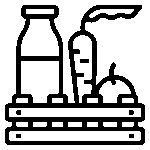
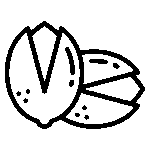

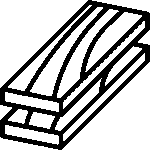

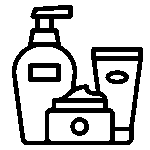
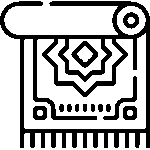

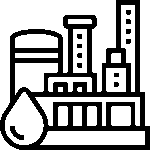
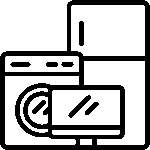
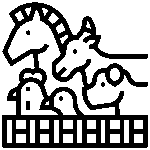
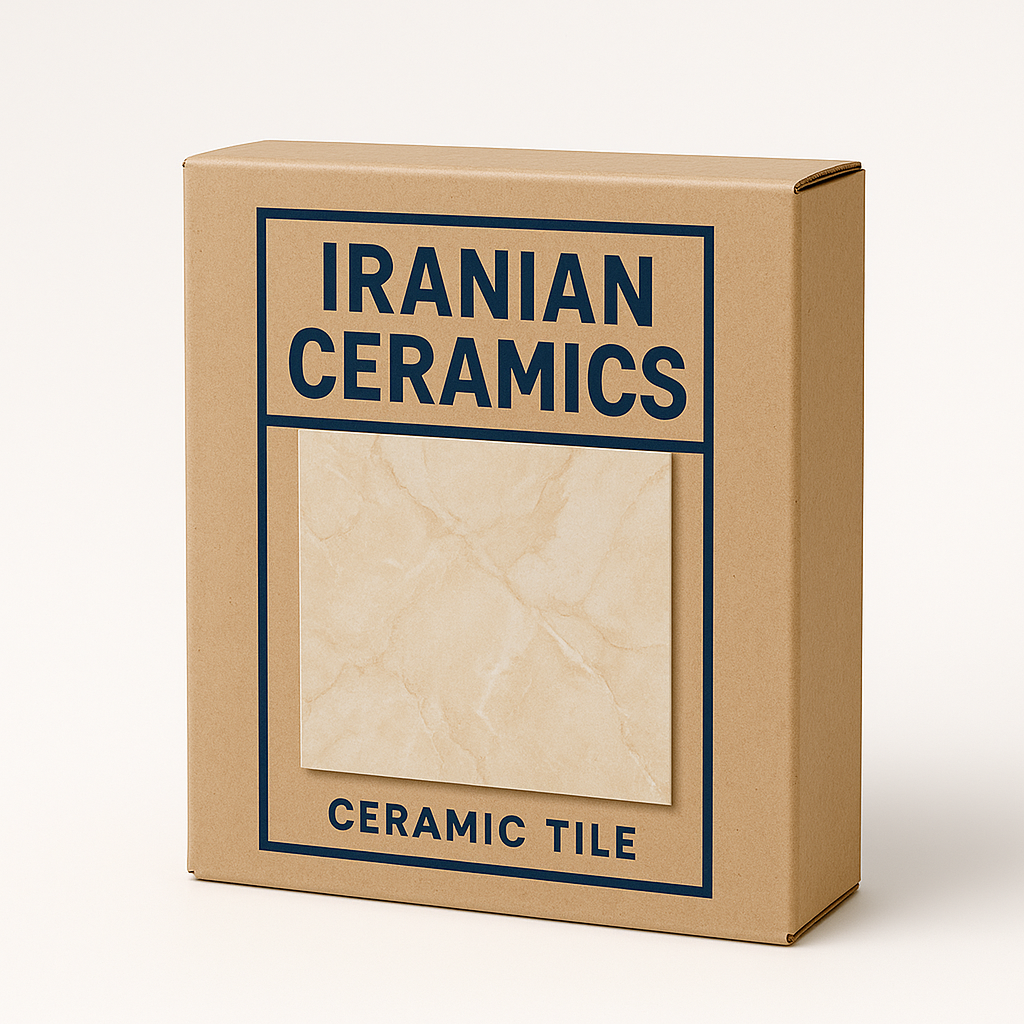
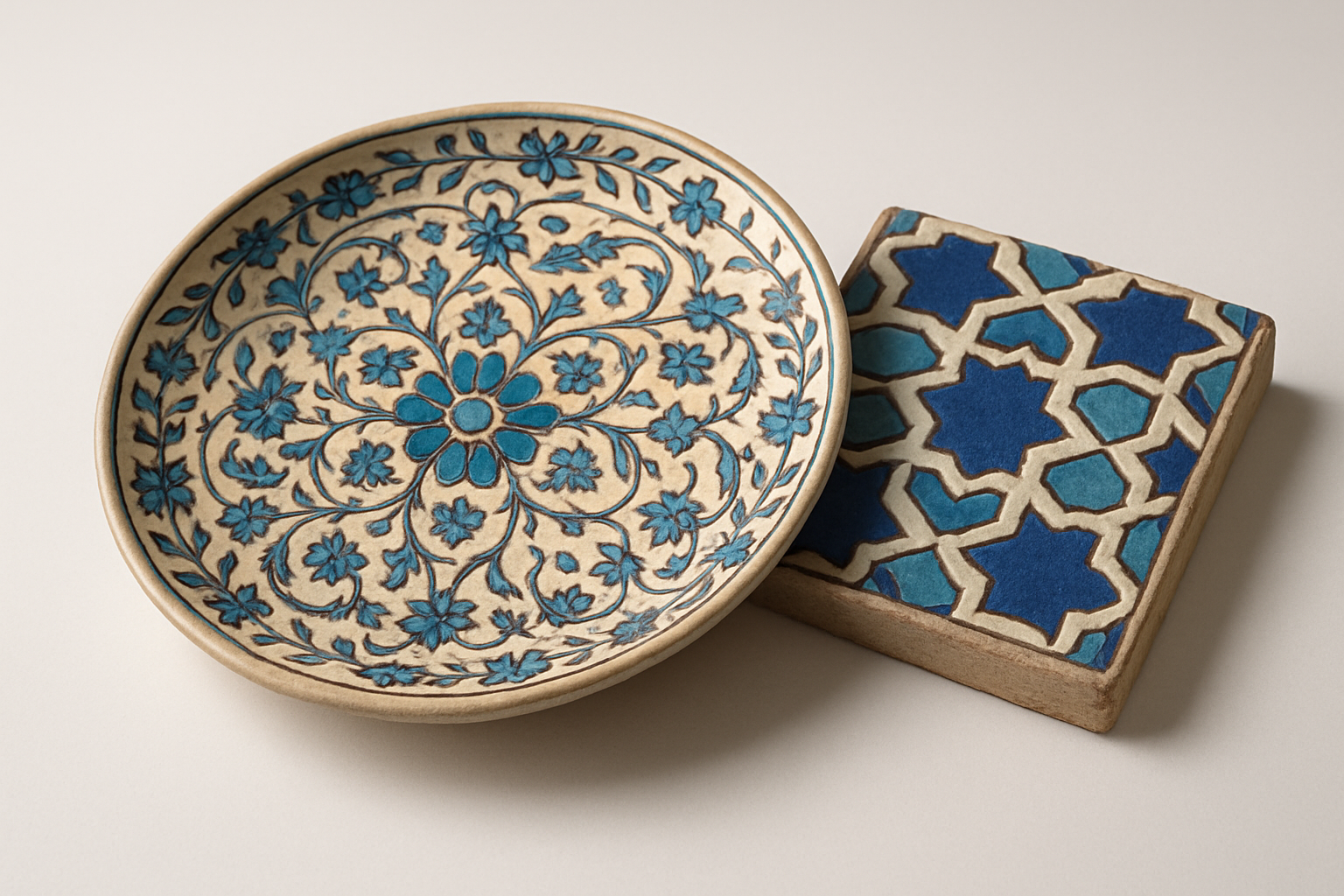
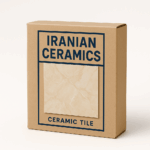
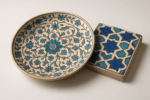
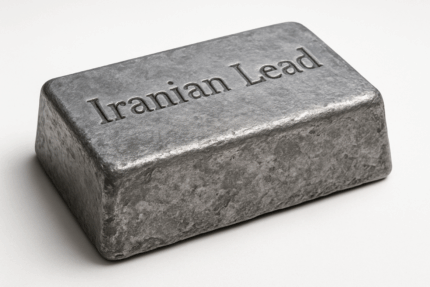
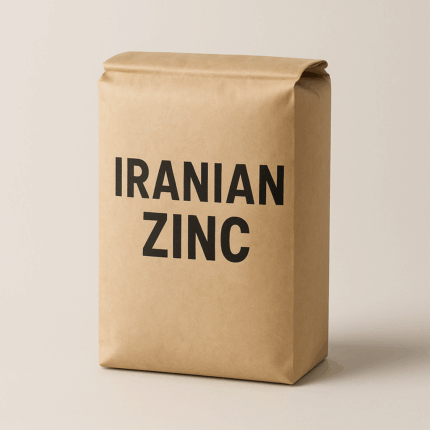
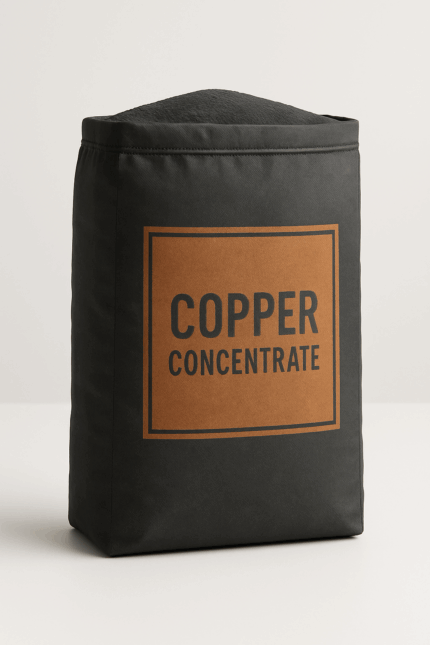
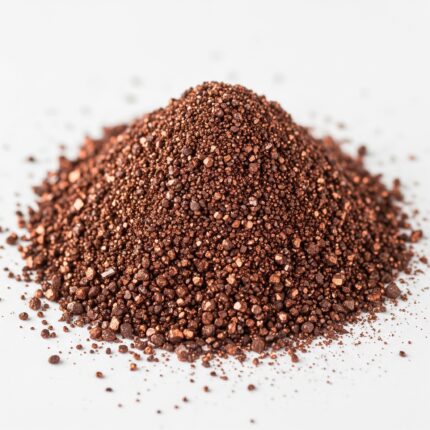
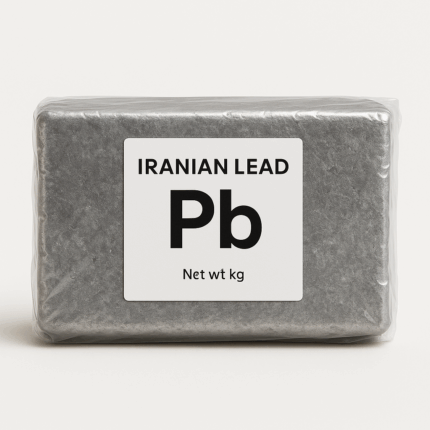
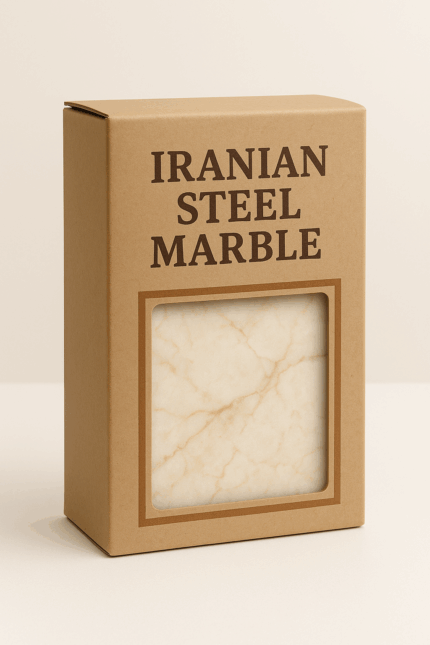
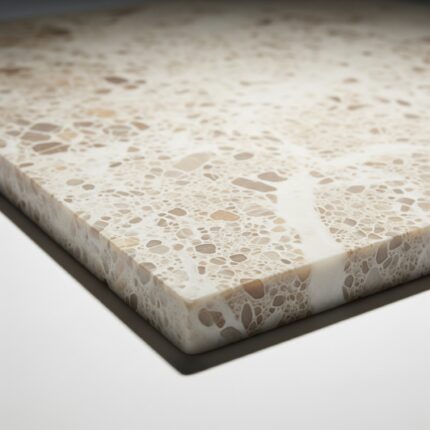
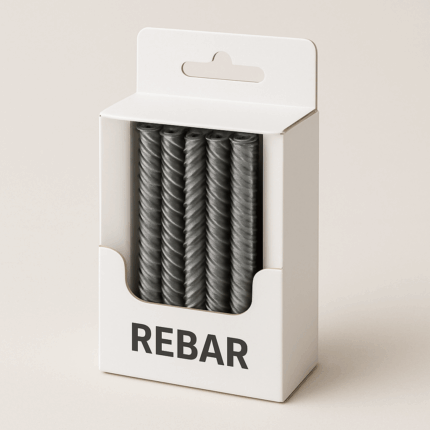
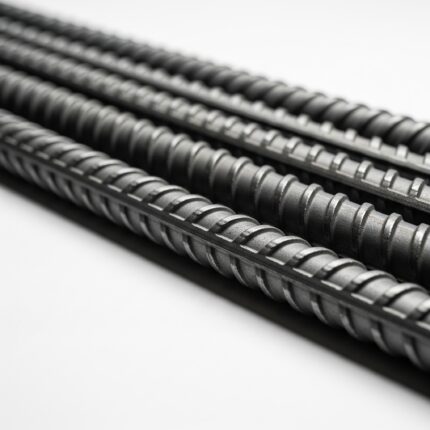
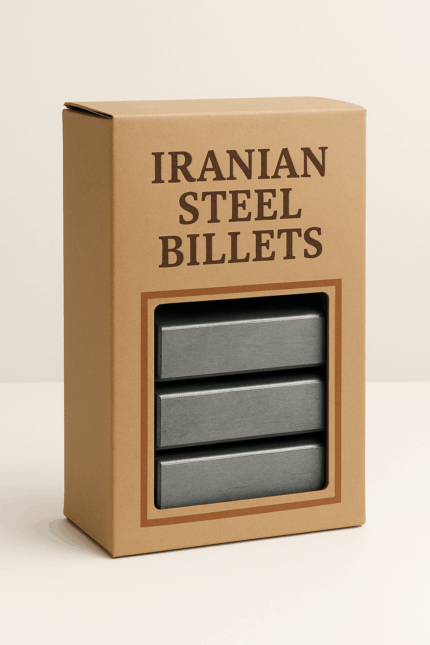
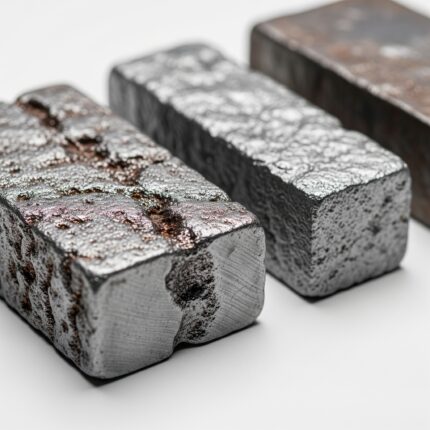
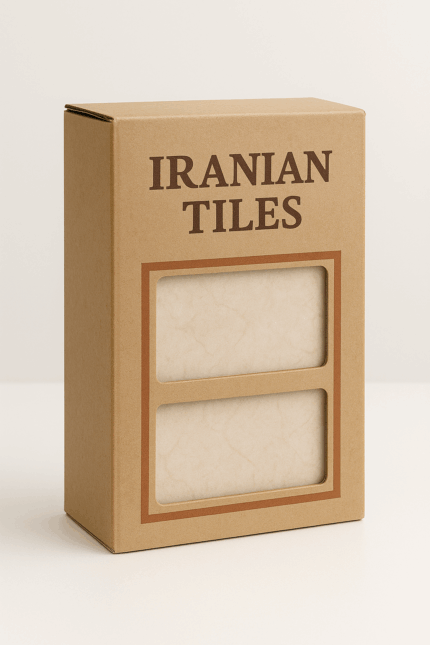
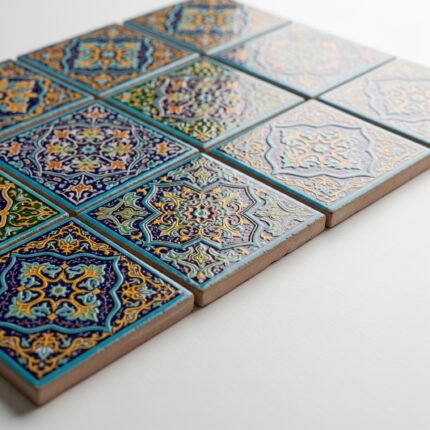
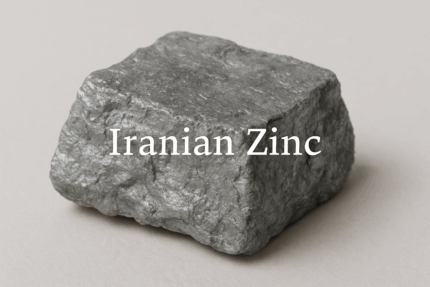
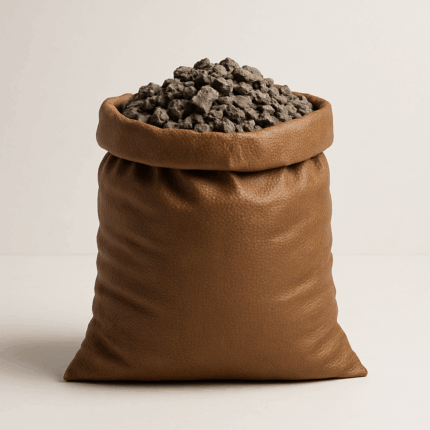
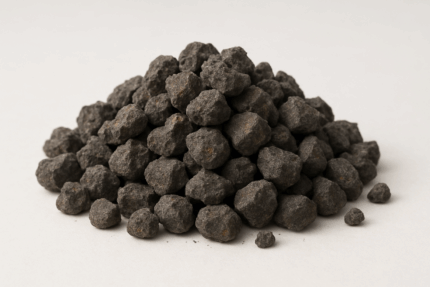
Reviews
There are no reviews yet.